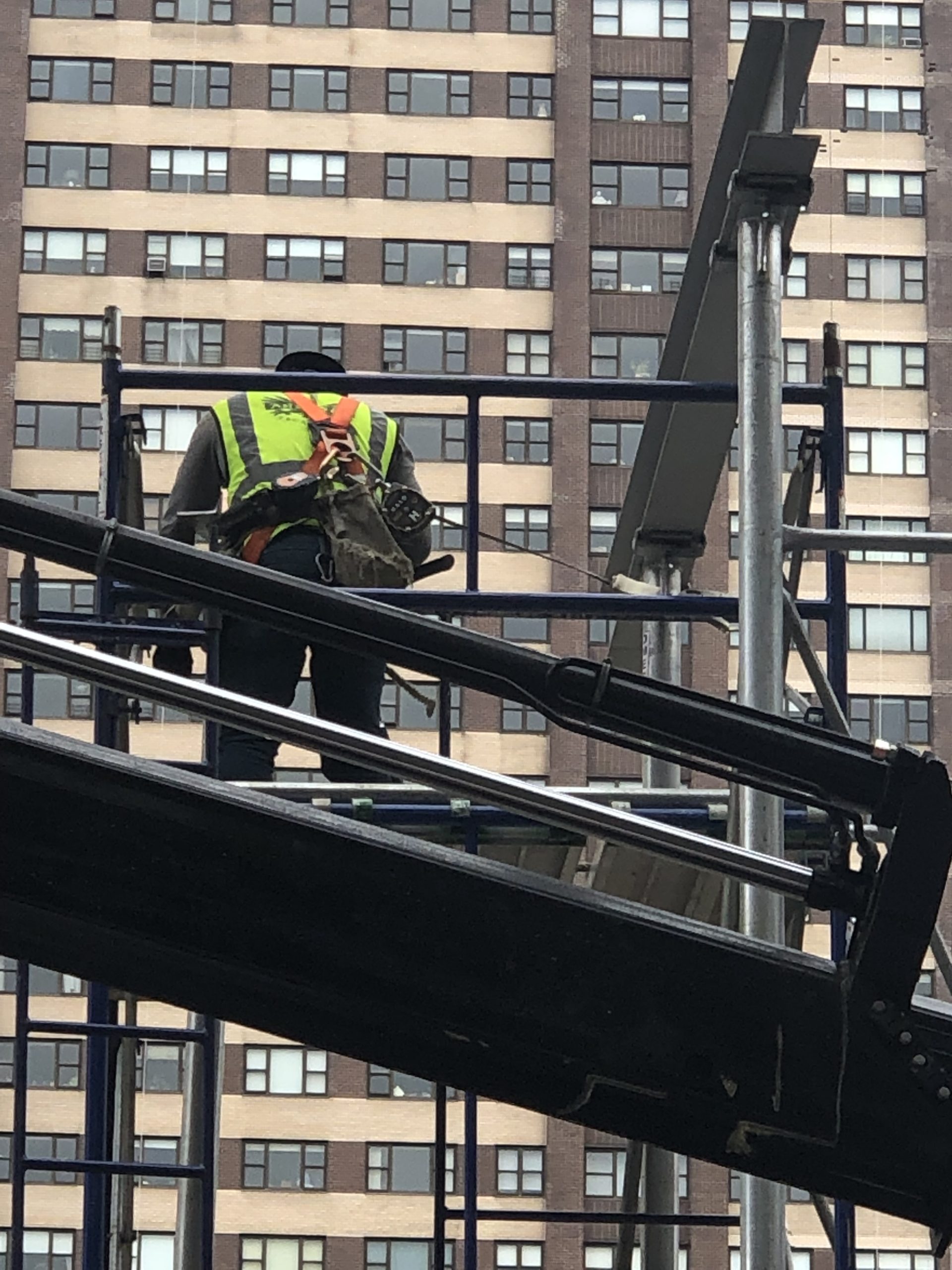Why Weakening New York’s Scaffold Law Would Endanger Construction Workers
 A new bill introduced by U.S. Rep. Nick Langworthy, R-N.Y., aims to exempt federally funded projects in New York from the protections of Labor Law 240—known as the Scaffold Law. As construction accident attorneys who have represented injured workers for decades, we strongly oppose this proposal. The Scaffold Law, along with Labor Law 241, has played a critical role in holding employers accountable and preventing fatal falls on worksites across the state.
A new bill introduced by U.S. Rep. Nick Langworthy, R-N.Y., aims to exempt federally funded projects in New York from the protections of Labor Law 240—known as the Scaffold Law. As construction accident attorneys who have represented injured workers for decades, we strongly oppose this proposal. The Scaffold Law, along with Labor Law 241, has played a critical role in holding employers accountable and preventing fatal falls on worksites across the state.
Labor Law 240: A Life-Saving Measure, Not a Legal Burden
Labor Law 240 places strict liability on owners and contractors for elevation-related injuries, ensuring that those with control over safety are held responsible when preventable accidents occur. This legal framework has created powerful incentives for construction firms to invest in life-saving measures like guardrails, scaffolds, and harnesses.
Despite claims that the law inflates insurance premiums or slows development, the truth is that New York’s construction fatality rate—particularly in heavily unionized areas like New York City—has remained lower than national averages. This is not a coincidence. Numerous studies and expert opinions attribute these safety improvements to the deterrent effect of the Scaffold Law.
OSHA Alone Is Not Enough
While OSHA standards require fall protection, federal enforcement is thin. OSHA inspections cover only a fraction of job sites, and its fines are often minimal. Labor Law 240 fills that enforcement gap by giving injured workers a private right of action, pushing employers to proactively comply with safety best practices. Without the threat of civil liability, the economic pressure to cut corners may once again outweigh the cost of keeping workers safe.
Protecting the Most Vulnerable
Latino and immigrant construction workers—disproportionately represented on non-union sites—are the most vulnerable to fall-related fatalities. In New York City, 74% of fatal construction falls involve Latino or immigrant workers. Weakening the Scaffold Law would erode one of the few legal protections these workers have. The law forces even smaller contractors to adhere to safety regulations or face serious consequences.
What’s at Stake
The push to exempt federal projects from the Scaffold Law is not new. Over the years, lobbying from insurance and construction trade associations has attempted to dismantle the law through legislative reform and judicial challenges. However, the courts have upheld the statute, and lawmakers have refused to gamble with worker safety.
The risk of rolling back the Scaffold Law is clear: more injuries, more fatalities, and a shift of costs to workers, their families, and the public. Injured workers could be left with limited workers’ compensation benefits, while negligent contractors walk away with reduced liability.
Conclusion: Construction Safety Must Remain a Priority
For more than a century, Labor Laws 240 and 241 have been a cornerstone of New York’s commitment to construction safety. These laws have saved lives by compelling contractors to prioritize safe practices and equipment. Exempting federal projects from their scope undermines that progress.
As New York construction accident lawyers, we’ve seen firsthand the devastation that falls from heights can cause—and the difference it makes when workers have meaningful legal protections. The Scaffold Law is not just a statute; it is a shield that protects those doing some of the most dangerous work in our city.
If you or a loved one was injured in a fall or struck by falling materials on a construction site, you may be entitled to compensation under New York Labor Law. Fill out our form or call us at (212) 943-1090 to speak with an experienced construction accident attorney.
 New York Personal Injury Attorneys Blog
New York Personal Injury Attorneys Blog


